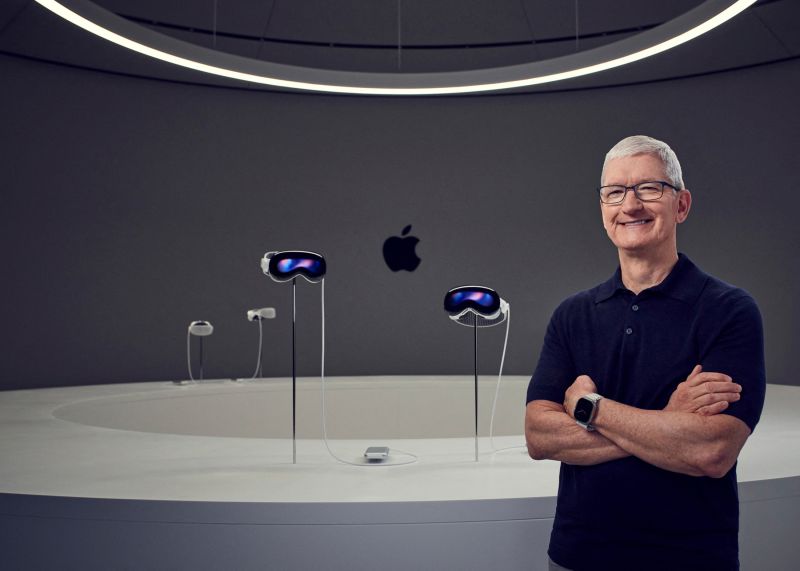If you wear prescription eyeglasses, you won’t be able to use Apple’s new VisionPro AR device.
VisionPro is introducing mixed reality and spatial computing in a consumer friendly way. It will likely have a ton of use cases ranging from productivity to media.
But thanks to its compact design, people who wear prescription eyeglasses won’t be able to use their glasses while using VisionPro.
If you’re a glasses wearer like me, you’ll need to invest in special lenses to use VisionPro. According to Apple, these inserts, produced by ZEISS Optical, will attach magnetically to the inside of the headset. They are designed to work seamlessly with the eye-tracking sensors and the iris scanner, without compromising on image quality or causing distortion.
However, these are not your regular lenses. While the price hasn’t been officially announced, my take is that the cost of these special prescription lenses could be around $500 or more. If that’s accurate, you’re looking at a total cost close to $4,000 before taxes for the VisionPro experience.
When designers create designs for new devices, they are faced with trade-offs and it was interesting that Apple chose to make this trade-off which would significantly impact their target demographic.
#visionpro #design #experience #mixedreality #ar

